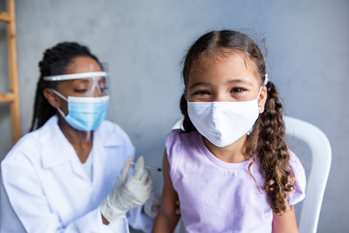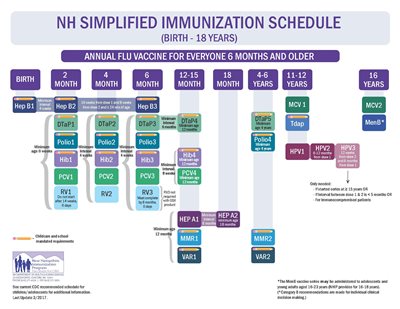 Children these days are, statistically speaking, healthier than ever. Accidents are the most common cause of injury and mortality in children, according to the Centers for Disease Control and Prevention (CDC). 100 years ago, however, it was disease. In fact, in 1920, more than 18-percent of children born in the United States died before their 5th birthday. Child mortality rates these days are at an all-time low—less than one-percent—thanks to antibiotics, nutrition, sanitary living conditions and vaccines.
Children these days are, statistically speaking, healthier than ever. Accidents are the most common cause of injury and mortality in children, according to the Centers for Disease Control and Prevention (CDC). 100 years ago, however, it was disease. In fact, in 1920, more than 18-percent of children born in the United States died before their 5th birthday. Child mortality rates these days are at an all-time low—less than one-percent—thanks to antibiotics, nutrition, sanitary living conditions and vaccines.
“When I talk with families,” says Dr. Carolyn Claussen, Willowbend Family Practice, “I start with the reasons why we have the immunizations. It’s to prevent death.”
In fact, the current birth-to-18 immunization schedule prevents 15 once-fatal diseases like measles, diphtheria, and polio, as well as six types of cancer.
“Some vaccines also have the added benefit of preventing other common childhood ailments,” says Dr. Claussen. “The childhood vaccines, for instance, protect against pneumonia, meningitis and ear infections, among other illnesses, in babies.”
In addition to the early childhood vaccines, your family’s provider will talk to you about recommended vaccines in early adolescence and again when your child gets ready to go to college.
“Meningitis is a devastating disease that is very deadly and can have some significant neurologic consequences if a patient recovers. It really spreads in group settings, like on school campuses,” says Dr. Claussen. “The vaccine recommended for pre-teens prevents four different strains of bacterial meningitis—A, C, W and Y. A second vaccine guards against meningitis B, and that is available for 17-18 year olds.”
One of the greatest strides in vaccine development is the HPV vaccine. If given on schedule, the HPV vaccine is about 80-percent effective in preventing the human papillomavirus. “It’s hugely important and can prevent 90-percent of six different types of cancer like oral pharyngeal cancer and cervical cancer. HPV is extremely common, so we have to think about this vaccine as a cancer prevention immunization.”
The COVID-19 vaccine is currently not on the CDC’s immunization schedule, but it is recommended for children ages 12 and older (at the time of this posting). “Not to scare parents,” says Dr. Claussen, “but it is the younger and the unimmunized who are getting sicker with the Delta variant. Eligible children who are vaccinated protect themselves, as well as their younger siblings and other family members who can’t get immunized or are immunocompromised.”
Learn more with this helpful immunization schedule.
NH School Immunization Requirements
